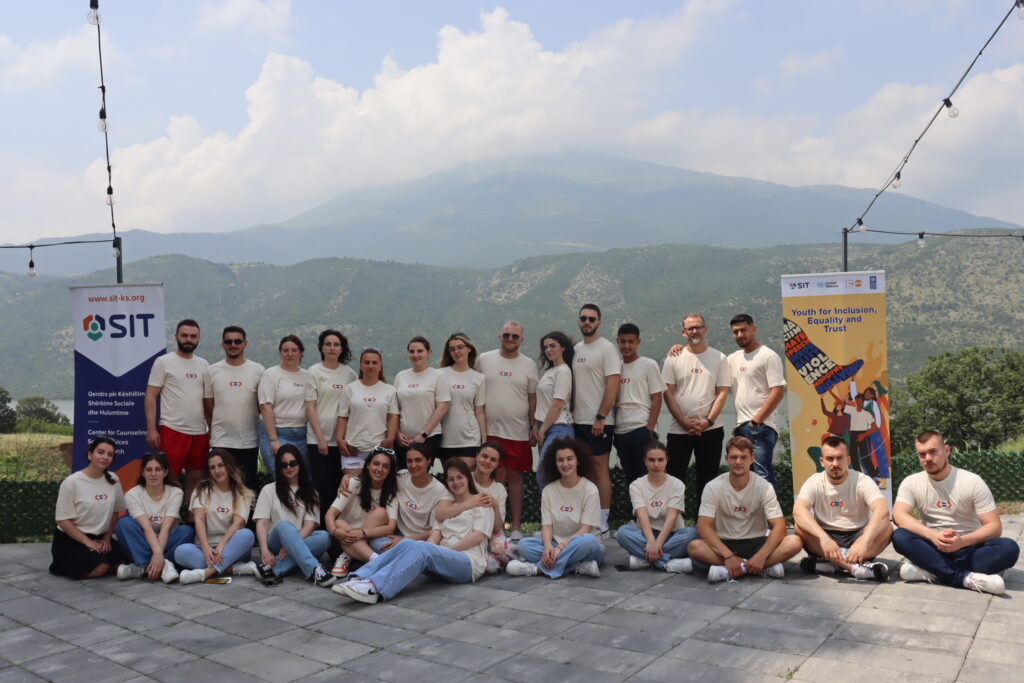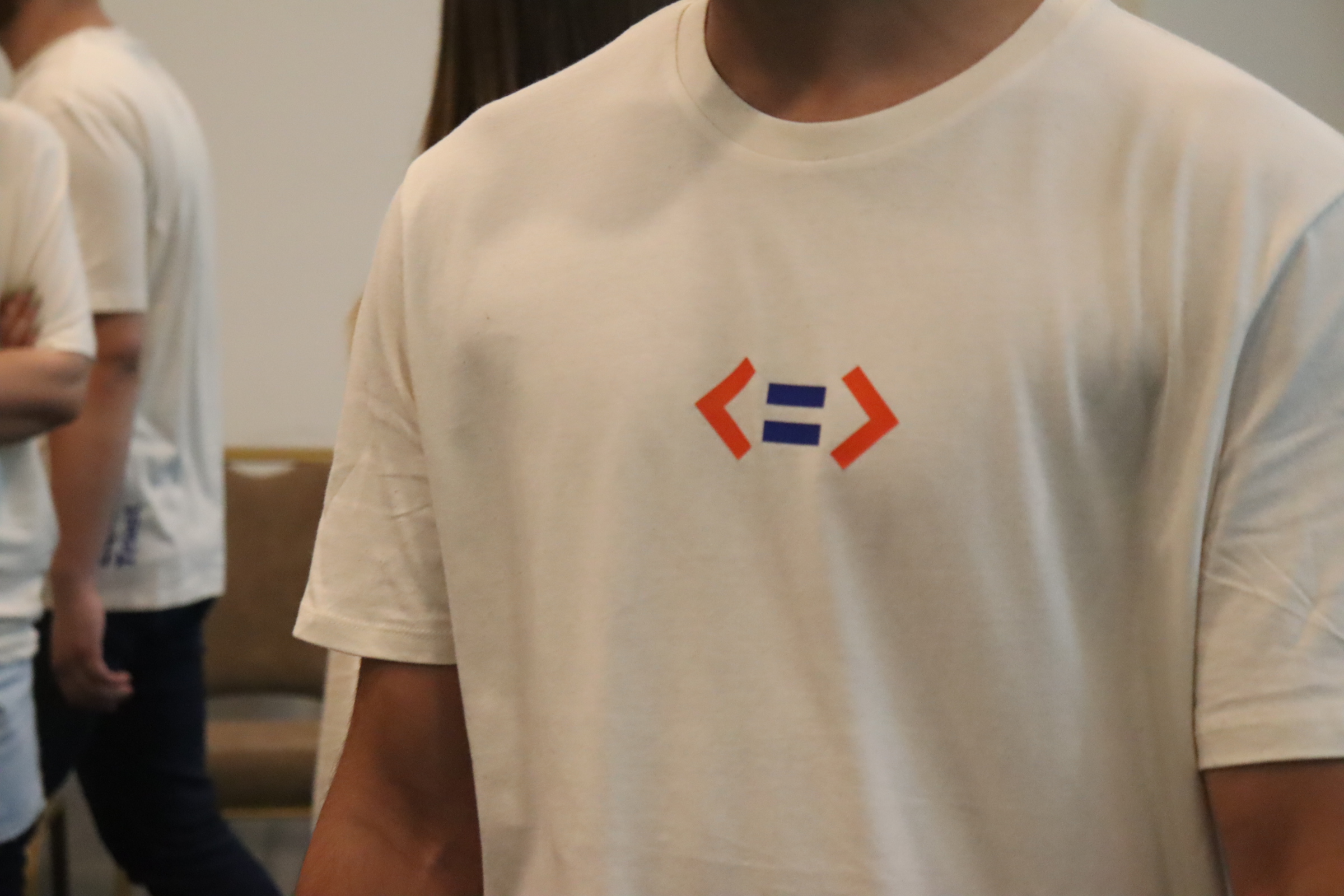United Nations Initiative “Youth 4 Inclusion, Equality & Trust”
The project will target groups of young Albanians, Serbs, Roma, Ashkali, and Egyptians and train them, under guided supervision, in critical and creative thinking. Through non-formal education training, SIT will empower participants to challenge social stereotypes, build their identities openly, beyond ethnonational stereotypes and think creatively. SIT will enable participants to realize this goal together through cooperation and participation in the project.
Trained participants will spread their skills and experience as multipliers, who are in their roles as juniors, and SIT will use the tools used for critical and creative thinking training in other training.
Through this project, young people will continue training on capacity building for awareness raising, campaigns, and activities related to the media with representatives of civil society, municipal authorities, youth, women’s organizations, and media journalists. SIT will hold these activities in six municipalities to discuss dialogue, advocacy, hate speech, divisive narratives, gender equality, and human rights. Then, as a result, we will develop a toolkit on critical thinking as part of non-formal and formal education to help people better understand themselves, their motivations, and their goals. The toolkit will include a variety of methods such as the art of hosting facilitation methods, action research, non-violent communication, alternative dispute resolution, team building techniques, forum theatre, photography, drawing, crafts, etc., to combat existing prejudices and stereotypes. SIT will also share the toolkit with other non-formal education institutions and formal educators. SIT will include the Ministry of Education, Science, Technology, and Innovation in the development process to have the toolkit in the curricula and utilize it in formal education.
Also, some of the participants in the training will be chosen to create reports/stories related to sensitive topics such as gender equality, human rights, hate speech, toxic masculinity, social cohesion, and gender-based violence.
This project is financed by UN Peacebuilding Fund and implemented by UNFPA and SIT.
“Strengthening the Role of Youth in promoting increased mutual understanding, constructive narrative, respect for diversity, and trust in Kosovo” is a two-year initiative that will enhance the youth’s role in promoting increased comprehension and respect for diversity in the region. Collaboratively, UNDP, UNFPA, UNESCO, and UN Women project aims to support thematic dialogues to tackle divisive narratives and raise awareness of the importance of ‘Bystander Intervention’ against hate among young people in Kosovo.
The project aims to target around 130 youngsters from all regions of Kosovo, with a specific focus on rural and remote areas, while ensuring inclusion in gender, ethnicity, social status, religion, sexual orientation, and any other categories of identity.
This project will train young people to be Upstanders against hate, who go on to support peers to act as active bystanders against hateful, bullying, or misogynistic behavior and create a culture of kindness and inclusivity for all; Engage offline and online youth communities to stand up and speak out when they see hate speech, bullying, misogyny, and violence; Develop and conduct Kosovo-wide youth-designed and youth-led outreach social media Bystander Intervention campaigns to encourage reporting of hate speech and promote trust between communities; Produce two short documentaries on countering divisive narratives; Produce “How to Organize a Campaign on Bystander Intervention”, and “Anti-Hate” manuals/toolkits.
The regional United Nations initiative ‘Youth 4 Inclusion, Equality & Trust’ empowers young people to engage in constructive narratives, strengthen intercultural dialogue, inclusion, and gender equality, and create mutual understanding and trust in the Western Balkans. The two-year initiative will enhance the role of youth in promoting increased comprehension and respect for diversity in the region. Collaboratively, UNDP, UNFPA, UNESCO, UN Women, relevant local ministries, municipal and youth councils, youth political parties, media, academic and cultural institutions, and civil society organizations are working on fulfilling the goals as mentioned above, financially supported by the UN Secretary-General’s Peacebuilding Fund.





